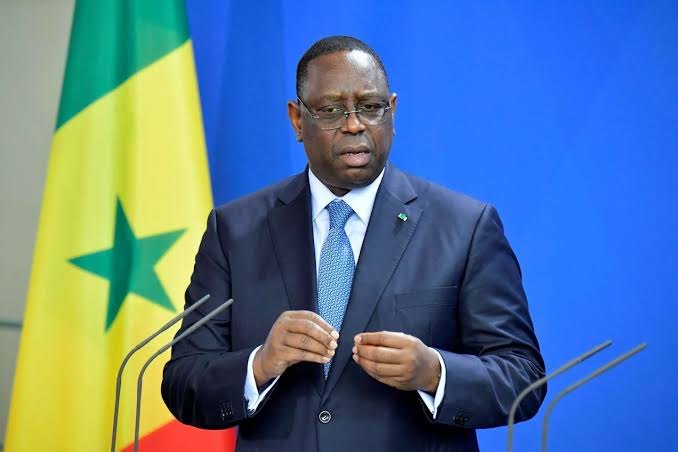Senegal’s long-awaited presidential election, originally scheduled for February 25 but postponed due to electoral process errors, will now take place on March 24, according to the government’s recent announcement.
The decision comes after the country’s highest court deemed President Macky Sall’s attempt to delay the vote until after his term ends on April 2 unconstitutional, prompting a swift response from the administration.
In response to the court’s ruling, President Sall dissolved the government and appointed Interior Minister Sidiki Kaba as the new Prime Minister, allowing the former Prime Minister Amadou Ba, who is also the ruling coalition’s presidential candidate, to focus on his electoral campaign.
This move adds another layer of complexity to the already charged political atmosphere in Senegal.
The postponement of the elections initially led to violent protests and political turmoil in Senegal, prompting concerns from international allies about the stability of the country’s democracy.
The Economic Community of West African States (ECOWAS) held an emergency meeting in an attempt to address the escalating violence and restore calm to the region.
While President Sall cited concerns about electoral disputes for the delay, opposition parties viewed it as an attempt to prolong his stay in power.
The decision to finally set a new election date has been welcomed by many Senegalese citizens as a positive step towards resolving the political crisis and determining the country’s future through democratic means.
In addition to scheduling the election, Parliament approved an amnesty law proposed by President Sall to alleviate tensions and offer pardons to protesters and opposition members involved in antigovernment demonstrations over the past three years.
However, human rights groups have raised concerns that this law could lead to impunity for security forces accused of excessive use of force against protesters, further complicating the path towards reconciliation and accountability in Senegal.



Thank you for your sharing. I am worried that I lack creative ideas. It is your article that makes me full of hope. Thank you. But, I have a question, can you help me? https://accounts.binance.com/tr/register-person?ref=W0BCQMF1